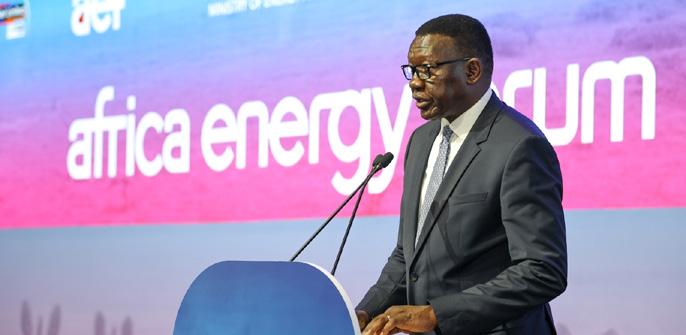
1 minute read
SINGAPORE A GLOBAL FINANCIAL HUB
from theTradeEnvoy
According to the Asian Development Bank, Singapore’s unique blend of Asian, European, and American influences makes the country both appealing and welcoming to the global business community. The World Bank ranked Singapore first in the world in achieving human capital (knowledge, skills, and health) in its Human Capital Index. Furthermore, the Heritage Foundation ranked Singapore second in the world for economic freedom.
As a former British colony, Singapore’s legal and financial structures closely resemble those of the US and the UK. The Heritage Foundation’s 2022 Index of Economic Freedom report states that Trade freedom is strong, and well-secured property rights promote entrepreneurship and innovation effectively. “The overall rule of law is undergirded by a high degree of transparency and government accountability” (THF 2022 Report).
Advertisement
Singapore’s remarkable economic freedom score of 84.4 in the 2022 Index surpasses both regional and global averages. This prosperous nation often termed the “Lion City” due to its robust currency and infrastructure, is an essential nexus for major international banks, multinational organizations, and leading financial institutions, functioning as their strategic operational hubs in the AsiaPacific region.
Ease of Doing Business in Singapore
Singapore has been consistently recognized as the world’s best place to do business, according to the World Bank’s Doing Business 2019 report. Compared to many business hubs, it’s easier and quicker to register a company in Singapore; the process only takes a day, given all the proper requirements are completed, and the application is duly submitted.
Foreign Income Exemption and Attractive Corporate Tax Rates
Besides its vast network of free trade and tax treaties, Singapore also offers one of the most attractive corporate tax structures in the world.
The first three years, the taxable income of non-resident corporations is tax-exempt which is considered a “zero tax” jurisdiction.
Singapore’s business-friendly legal and tax structure, reliable infrastructure, and dependable regulatory processes provide a positive commercial environment. The government tightened restrictions on foreign labor in 2020. In 2021, the International Monetary Fund (IMF), estimated that government subsidies, grants, subventions, and capital injections to businesses and other organizations consume about 17 percent of the Gross Domestic Product (GDP) which currently stands at $397 billion.
Singapore’s Trade Relations with African States
To facilitate growing business interest, Enterprise Singapore officially launched its first Overseas Centre in Johannesburg, South Africa, in January 2013, its first office in Sub-Saharan Africa. Additional offices were opened in Accra, Ghana in July 2013 and in Nairobi, Kenya, in June 2018.
On June 12, 2018, Singapore signed a Double Tax Avoidance Agreement (DTA) with Kenya to provide relief from double taxation in situations where income is subject to tax for both countries. In addition to the DTA, the two countries also signed the Bilateral Investment Treaty (BIT) to promote greater investment flows between Singapore and Kenya by protecting the interests of both Singaporean and Kenyan investors.










